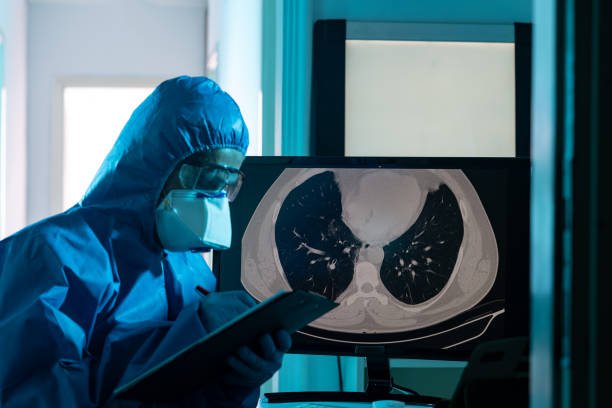
Mastectomy (Breast Cancer): Removal of one or both breasts to treat or prevent breast cancer, often with additional treatments like chemotherapy or radiation.
Lobectomy (Lung Cancer): Removal of a lung lobe to treat localized lung cancer, preserving healthy tissue and followed by chemotherapy or radiation.
Colectomy (Colon Cancer): Surgical removal of part or all of the colon to treat colon cancer, often followed by chemotherapy.
Prostatectomy (Prostate Cancer): Removal of part or all of the prostate to treat prostate cancer.
Hysterectomy (Gynecologic Cancers): Removal of the uterus, sometimes with ovaries and fallopian tubes, to treat gynecologic cancers.

External Beam Radiation: High-energy beams directed at tumors from outside the body, commonly used for deep tumors, minimizing damage to healthy tissue.
Internal Radiation (Brachytherapy): Radioactive material is placed directly inside or near the tumor, delivering concentrated radiation to treat cancers like prostate, cervical, or breast cancer.
Stereotactic Radiosurgery (e.g., Gamma Knife): Non-invasive procedure using focused radiation to treat small, precise tumors in areas like the brain, delivering high doses while sparing healthy tissue.

Systemic IV Chemotherapy: Delivered through an IV, these drugs travel through the bloodstream to target and kill cancer cells, often used for cancers that have spread.
Oral Chemotherapy: Taken in pill or liquid form, this chemotherapy allows patients to manage treatment at home while targeting cancer cells throughout the body.
Targeted Therapy: Targets specific molecules involved in cancer growth, offering a precise treatment that minimizes damage to healthy cells.
Immunotherapy: Boosts the body’s immune system to help it fight cancer more effectively.